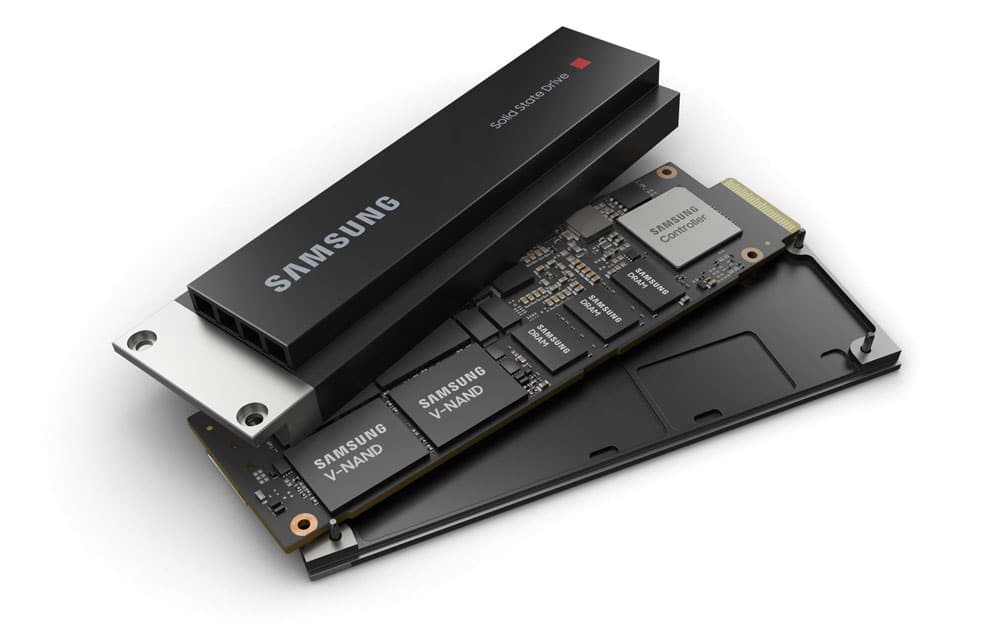Today Samsung Electronics Co., Ltd., announced that it has begun mass production of the Samsung PM9A3 E1.S. The company claims that this is its most advanced line of data center SSDs. It is also said to be the industry’s first data center SSD that is compliant with the latest OCP standards.
Today Samsung Electronics Co., Ltd., announced that it has begun mass production of the Samsung PM9A3 E1.S. The company claims that this is its most advanced line of data center SSDs. It is also said to be the industry’s first data center SSD that is compliant with the latest OCP standards.

As stated above, the Samsung PM9A3 E1.S fully complies with the Open Compute Project (OCP) NVMe Cloud SSD Specification to satisfy the rigorous demands of enterprise workloads. The OCP Specification is a set of unified interoperable standards, enabling SSD vendors to work toward next-generation storage designs with much more effectiveness. The OCP standards are used by large data center providers such as Facebook. The new SSD is said to deliver the optimal mix of performance, power, and reliability for these data centers.
Looking at the drive itself, it is built with Samsung’s sixth-generation V-NAND. According to the company, the sixth-gen in the Samsung PM9A3 E1.S shows a big performance boost of the fifth-gen V-NAND like the PM983a. The new drive quotes speeds of 3GB/s, 750K IOPS read, and 160K IOPS write. For power, the drive is made to be efficient in data center operations. To that end, it provides power efficiency at 283MB/s per watt for sequential writes, making it nearly 50% more energy-efficient than the previous generation’s 188MB/s per watt (also much more efficient than even the most efficient HDDs).
As security is a huge factor in storage of this type, the Samsung PM9A3 E1.S comes with the standard data encryption and authentication security features. The new drive is also equipped with secure boot and anti-rollback mechanisms to ensure data protection. Both of these features center around keep firmware safe. Secure boot prevents unauthorized firmware from being used and anti-rollback keeps the firmware from being rolled back to a flawed version.
Engage with StorageReview
Newsletter | YouTube | Podcast iTunes/Spotify | Instagram | Twitter | Facebook | RSS Feed
